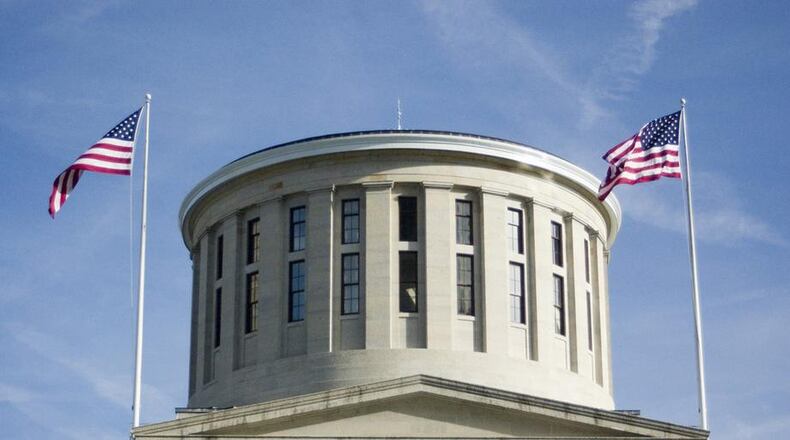That news came after a five-day period in which the voucher debate went from loud, long and public to eerily quiet.
RELATED: State school groups support income-based system
Thursday marked the last of nine marathon conference committee hearings lasting 50 hours. The 498 people who submitted testimony included students and administrators at both public and private schools, education groups representing school boards, teachers and school treasurers, plus parents who have used the voucher for years.
But Tuesday, when Householder was asked for details on the next steps in the process, his spokeswoman Taylor Jach said the speaker’s only comment was, “Our goal is to fix it.”
House Education Committee Chairman Don Jones also held a seat on that marathon conference committee. A representative of his office said only, “We would defer to the comment from the Speaker.”
EARLIER: House passes own bill on vouchers, school takeover
Last Friday, Obhof said the biggest obstacle to a deal was the House’s desire to completely do away with new performance-based vouchers, according to a Gongwer News Service report.
Ohio’s current system gives students taxpayer-funded vouchers to attend private school if they meet either of two criteria – family income below 200% of the poverty line, or if the student’s home public school is deemed “underperforming” on the state report card.
An elementary school voucher is worth $4,650 a year, often enough for full tuition, while a high school voucher is worth $6,000, leaving several thousand dollars uncovered at most private high schools.
Without a change to Ohio’s voucher law, the number of public schools deemed underperforming would skyrocket from about 500 this year to more than 1,200 this fall.
What are the sticking points?
Both houses of the legislature have passed bills that would prevent that from happening, but they can’t agree on the details.
The House’s version (contained in Senate Bill 89) would eliminate most new vouchers tied to the performance of a student’s home school district, and would expand income-based voucher eligibility to 250% of poverty for full vouchers and 300% for pro-rated vouchers.
The Senate version (contained in House Bill 9) would leave about 425 public schools voucher-eligible based on performance and allow families up to 300% of poverty to qualify for income-based vouchers.
Among those submitting testimony to the conference committee in the past two weeks were leaders of Dayton and Tipp City public schools, as well as Carroll and Chaminade Julienne Catholic high schools.
EARLIER: Legislature approves delay in voucher program
CJ President Dan Meixner advocated for major increases in the program – a “significant increase” in both the income level for eligibility, as well as the dollar value of the voucher, while continuing the performance-based vouchers and keeping all 1200-plus schools on that eligibility list for 2020-21 – because, he said, families had made application decisions based on it.
Dayton school board Vice President Jocelyn Rhynard argued that voucher eligibility is based on flawed report card measures, takes away the very financial resources that would help low-income schools improve, and benefits private schools that don’t have the same accountability standards and can pick and choose which students they accept.
About the Author

